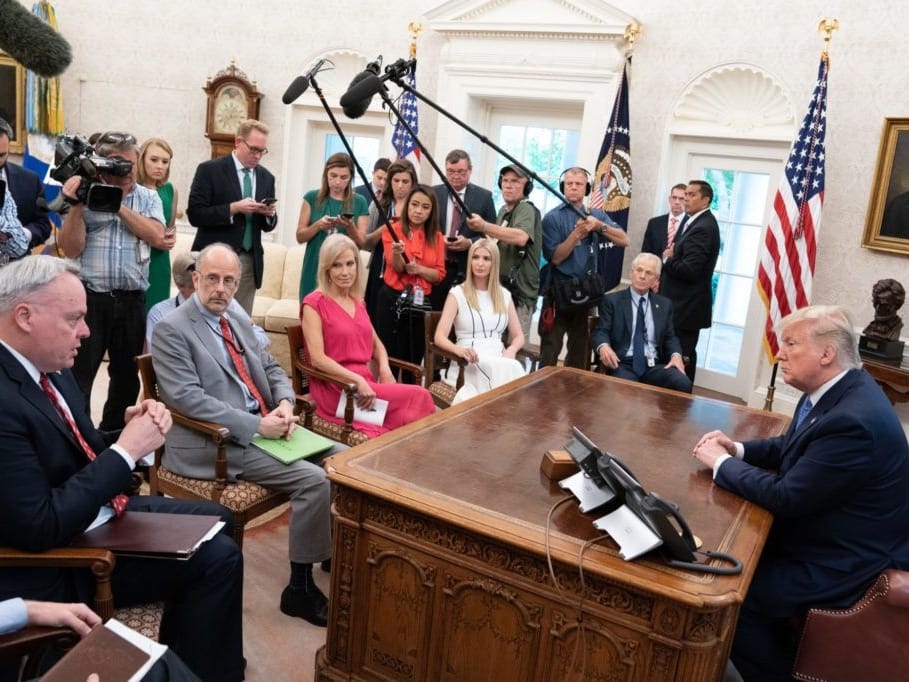GENEVA (AN) — The U.N. postal agency opened the third Extraordinary Congress in its nearly 145-year history on Tuesday with a vote to reject a demand by U.S. President Donald Trump's administration that it overhaul international delivery rates.
The 78-57 vote to reject "Option B," with 9 nations abstaining, came on the first day of the Universal Postal Union's three-day Congress. Others among the approximately 150 countries represented did not participate in the secret ballot, according to a statement from UPU.









